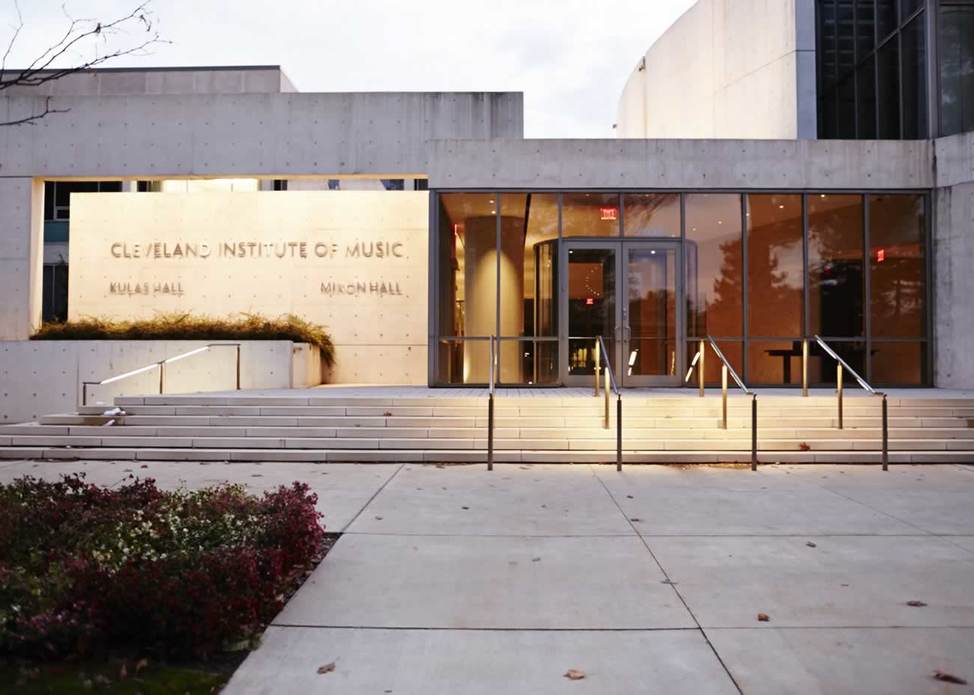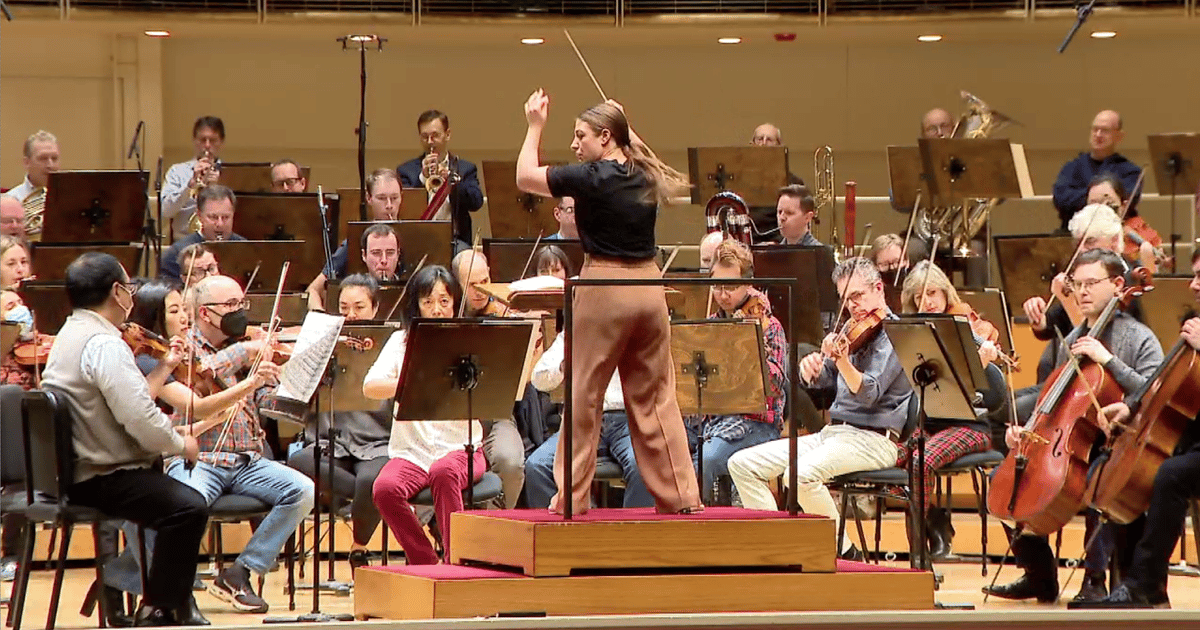Musicians Union says: Here’s why you should Vote Remain
mainThe following notice went out today to all UK members:
Musicians are better off in a Britain that is part of the European Union (EU). That’s why we’re calling on all Musician Union members to vote to remain in the EU.
Over the last few weeks, we’ve had debates, flotillas and angry jibes traded over what makes Britain stronger and safer. For us, as the Musicians’ Union, it’s about what protects you as musicians and the life you work hard to make.
Thanks to the EU:
– European Copyright Directives protect your intellectual property rights, and your income
– Open borders make touring easier and cheaper
– Health and safety legislation keeps you safe wherever you work
– The Working Time Directive means part-time instrumental teachers can get holiday pay and sick pay.
The European Union also allows us to work on transnational issues that affect you.
Together, we’re fighting for legislation to make it easier for you to travel with instruments on planes. We’re working with other musicians’ unions across Europe to get legislation implemented at the European level that would force airlines to act.
We do not believe the EU is perfect.
We still lobby hard to make copyrights stronger, touring easier, and health and safety work better for you. But without the EU we have to question whether these rights would be protected at all and, if so, how strong those rights and protections would be.
That’s why we’re calling on all musicians to vote for Britain to remain in the European Union.





It is pretty rare that I find myself agreeing with the powers-that-be at RyanAir, but over the last days they too have been making their plea to all their UK customers to vote “Remain”. Michael O’Leary and his team point out that the EU’s “open skies” policy has been hugely beneficial by bringing down the cost of airfares. For UK orchestras, choirs, ensembles and other groups who regularly travel in Europe, price competition amongst airlines brought about by EU legislation has led to significant lowered flight costs, thus making British ensembles more competitive, and enabling them to increase their European touring. Exporting UK Arts across the EU makes a significant contribution to the UK’s revenues, as well as helping to keep tens of thousands of UK-based performers in work. When you add to this the massive benefits to the Arts of free movement within the EU, you can see why, in a recent survey, 96% of British Creative Industry leaders were in favour of continued membership of the EU, with 84% of them believing that the outcome of the EU referendum would affect the future success of their organisation.
I guess these things are far more important than sovereignty for the UK, the laws of which can now be overturned by the unelected government in Brussels. That’s NOT freedom.
Hey, if you want to contribute to the UK committing economic suicide because you still believe in some nebulous, bogus “sovereignty”, by all means vote leave!
There is no “unelected government” in Brussels. This is one of the many myths peddled by the “Leave” campaign. The European Commission is simply an executive body made up of commissioners appointed by elected governments all over Europe, but ultimately all key decisions must be taken by the Council of Ministers, which consists solely of elected heads of government of all 28 member states of the EU.
Such brainwashing! I can’t even join the MU as I’m not classed as being a musician as I’m an opera singer. And I was travelling to Germany and all over Europe as a singer before all this nonsense and getting much better paid than I did here to do the same job. That all got undermined when they started using cheaper Eastern European singers, and now even from as far as Korea.
No way did the EU ever get us cheap flights, as Maria Brewin rightly says above. And all it takes is one mobile phone company to cut their rates, like the gas company, and lower their own economic margins (whilst still making a fortune on our money) and the rest follow suit. We are made to believe anything out of the EU, and I have already placed my vote three weeks ago postally, as I have done for years, as I will not be in the right place tomorrow to vote at all if I hadn’t done that. Many more people will be in that situation and not even thought of getting a postal vote to make sure they actually vote.
Anyhow, each to his own, but I think further than my life now as a freelance singing teacher. There are other issues far more important to address other than what directly affects me personally – like us all trying to get a – er – doctor’s appointment a bit more easily when I am sick.
But the MU has done nothing for me directly as I’m not class as a musician!
Dear Una. I don’t like to contradict someone I’ve known (albeit slightly) for many years, but you are incorrect. Of course you could – if you so wanted – join the Musicians Union. The MU represents thousands of members who are primarily teachers, including singers.
Your comment about mobile phone roaming tariffs being reduced across Europe willingly by the companies is fanciful. They have been forced to do so by EU legislation which has come about because an amazing terrier of an MEP (an elected MEP, not British) worked and worked to get this legislated by the EU. This price reduction was nothing to do with competition. It was forced on them by EU legislation.
I can’t speak for the opera houses where you used to work, nor why other singers over the years may have been preferred to you, but all I know is that I and most of my colleagues simply employ the very best musicians we can: not because they are cheaper, but because they are the best for that job. So if a Korean musician does a fabulous job (and indeed, there are some great Korean singers), why shouldn’t they get the engagement? And if there’s a great Eastern European singer, by all means employ them (we work in their countries, so why shouldn’t they work in ours?). Of course, if a British singer proves to be the best for the job, employ them. That is exactly why TKC’s regular line-up includes musicians from 13 nations (14 if you count Cataluna as being separate to Spain, but let’s not open that topic today). Most professional musicians don’t mind what passport their colleagues possess – we want to work with the best.
The suggestion that people have been “brainwashed” because they don’t hold the same views as you is unfortunate. If you truly believe that you will get a doctor’s appointment by leaving the EU, vote “Leave”. But you do so ignoring the fact that amazingly well qualified doctors who have been working abroad, and are now back in the UK and are desperate to work again as GPs, are prevented by NHS red-tape from doing so. Indeed, one of my oldest friends is sitting in Cumbria at this moment, having worked in general practice in Australia for the last 15 years, highly qualified, is British, speaks perfect English, even has legible handwriting (unusual in a doctor, I know), but has been told she must work, unpaid, for a year, to show that she can do the same highly-skilled job in the UK that she has been doing for 15 years in Australia. That’s nothing to do with voting “In” or “Out” – that’s British-generated bureaucracy gone mad.
Ah, the MU. Is there anything they don’t know? Anyhow, good to see that they’ve moved on from the days of trying to block European musicians from getting jobs in Britain.
Indeed, the MU has moved on many, many miles from being the awkward squad that it was in the past, and nowadays does a lot of good work behind the scenes for jobbing musicians. If they can get in there with other musicians’ organisations across Europe and help harmonise the myriad policies for transport (or often the non-transport) in aircraft cabins across Europe of musical instruments, such as violins, that really will be a major help to the UK music industry.
Michael O’Leary? Really?
So cheap flights are a concept unknown outside the EU?
Taking credit for the inevitable is dishonest.
I am no especial fan of RyanAir (I’ve yet to meet many orchestras that will dare fly them) but I well remember ridiculously expensive airfares in the past that made some orchestral tours impossible, because government-protected national airlines kept flight prices artificially high. All that changed because competition was made possible. And (like it or not) that was thanks to EU directives and laws: good laws, good directives. Mobile phone charges across Europe have plummeted and are set to reduce further, thanks to a determined – and totally elected – MEP who fought for the rights of EU citizens not to be ripped off by mobile phone companies. The freedom of movement and right to work across 28 countries without hindrance that is a central part of the EU means that thousands of British musicians are enabled to make a major part of their living, and make a substantial contribution to the UK economy.
So are you saying that the EU is responsible for cheaper flights worldwide?
Sorry, can’t agree, it was inevitable when the internet made price comparison easy. It applies equally to domestic fuel supplies, insurance and hotels. I’ve been able to find hotel accommodation at ridiculous prices in the US through Priceline.
The internet, and freely available information on a huge scale, have sharpened competition. People are no longer prepared to pay through the nose.
So far as freedom of movement is concerned, musicians are fortunate in not being heavily undercut. Some people outside your little world are less fortunate.
It was indeed EU legislation that helped bring an end to the protectionism of those old national airlines who retained European routes for themselves and held prices for flights within Europe artificially high.
UK Arts are not such a “little world”. Turnover of businesses in the UK arts and culture industry was recently listed as £12.4bn: arts and culture provide 110,000 direct jobs (0.45% of total UK employment). If you add indirect jobs, that rises to 260,000 jobs.
And as to your comment about not being undercut, as all my colleagues will attest, British orchestras are constantly undercut by the competition in mainland Europe. This is because most orchestras in mainland Europe are heavily subsidised by their regional or national governments, whereas most British orchestras exist on far less – or often no such – national support, so have to charge what it costs. The constant message that comes to British orchestras is that we are too expensive. So, rest assured, British orchestras know all too well about undercutting.
Cheapest flights I’ve had in Europe recently have all been with Norwegian Airlines.
…which has fully and partially owned subsidiaries in these EU member countries: Sweden, Denmark, Finland, Ireland and the UK !!